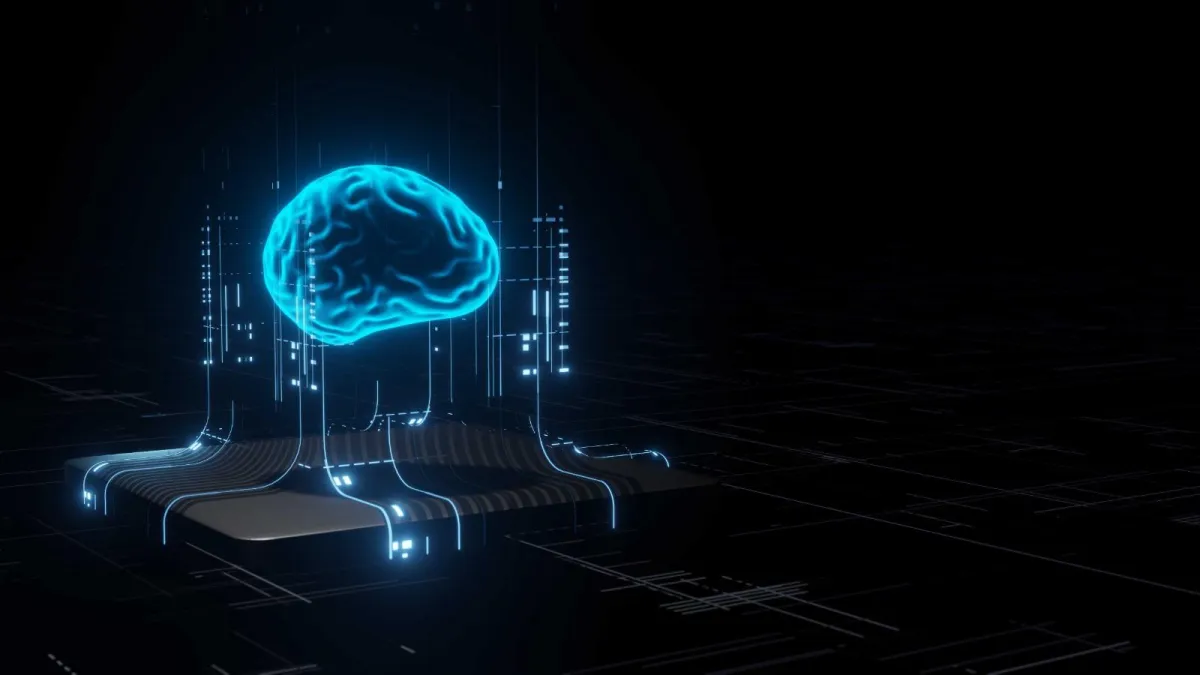
OpenAI's New Initiatives: Transforming Education and Empowering Nonprofits with AI
OpenAI's New Initiatives: Transforming Education and Empowering Nonprofits with AI

In the ever-evolving landscape of artificial intelligence, OpenAI has taken a significant step forward with its latest initiatives aimed at revolutionizing education and empowering nonprofit organizations. These efforts underscore OpenAI’s commitment to harnessing AI for social good, providing innovative tools tailored for educational purposes and robust support for the nonprofit sector. Here’s a closer look at how these initiatives are set to make a substantial impact.
AI-Powered Tools for Education
Education is a cornerstone of societal development, and OpenAI recognizes the potential of AI to enhance learning experiences and outcomes. The introduction of AI-driven tools specifically designed for educational purposes marks a transformative moment for both educators and students. These tools leverage the power of AI to create interactive, personalized learning environments that cater to individual student needs, promoting better engagement and understanding.
One of the standout applications of AI in education is in the realm of personalized tutoring. AI-driven platforms can provide students with customized feedback and guidance, adapting to their learning pace and style. This ensures that each student receives the support they need to succeed, bridging gaps in traditional education methods. Moreover, these tools can assist teachers by automating administrative tasks, allowing them to focus more on direct student interaction and instructional quality.
For instance, AI can grade assignments, track student progress, and even suggest personalized lesson plans based on data analysis. This not only reduces the workload on educators but also enhances the learning experience by making it more responsive and tailored to individual needs.
Supporting Nonprofits with AI
Beyond education, OpenAI is also extending its reach to the nonprofit sector, recognizing the pivotal role these organizations play in addressing social issues and driving community development. Nonprofits often operate with limited resources and face numerous challenges in achieving their missions. Here, AI can be a game-changer, providing tools that enhance operational efficiency and effectiveness.
OpenAI’s initiatives include providing nonprofits with access to advanced AI models that can be used for a variety of purposes, such as data analysis, predictive modeling, and automating routine tasks. This allows nonprofits to focus more on their core missions rather than getting bogged down by administrative burdens.
For example, AI can help nonprofits analyze large datasets to identify trends and insights that inform strategic decision-making. This can be particularly useful in areas like resource allocation, program development, and impact assessment. Additionally, AI-driven chatbots and virtual assistants can handle routine inquiries, freeing up staff to engage in more meaningful interactions with stakeholders.
Fostering Collaboration and Innovation
OpenAI’s approach to supporting education and nonprofits is not just about providing tools; it’s also about fostering a collaborative ecosystem where innovation can thrive. By partnering with educational institutions and nonprofit organizations, OpenAI aims to co-develop solutions that are tailored to the unique challenges faced by these sectors.
Furthermore, OpenAI is committed to ensuring that these AI tools are accessible and user-friendly, reducing the barrier to entry for organizations that may not have extensive technical expertise. This democratization of AI technology ensures that its benefits are widely distributed, enabling a broader range of organizations to leverage AI for positive social impact.
Conclusion
OpenAI’s initiatives in education and the nonprofit sector highlight the transformative potential of AI when applied thoughtfully and strategically. By providing advanced, AI-driven tools and fostering collaborative innovation, OpenAI is helping to reshape how education is delivered and how nonprofits operate, ultimately driving social progress and empowerment. As these initiatives continue to evolve, they hold the promise of creating a more equitable and effective landscape for learning and community development.
For more details on OpenAI’s initiatives and their potential impact, you can visit the FutureAI website and stay updated with the latest developments in the AI field.

